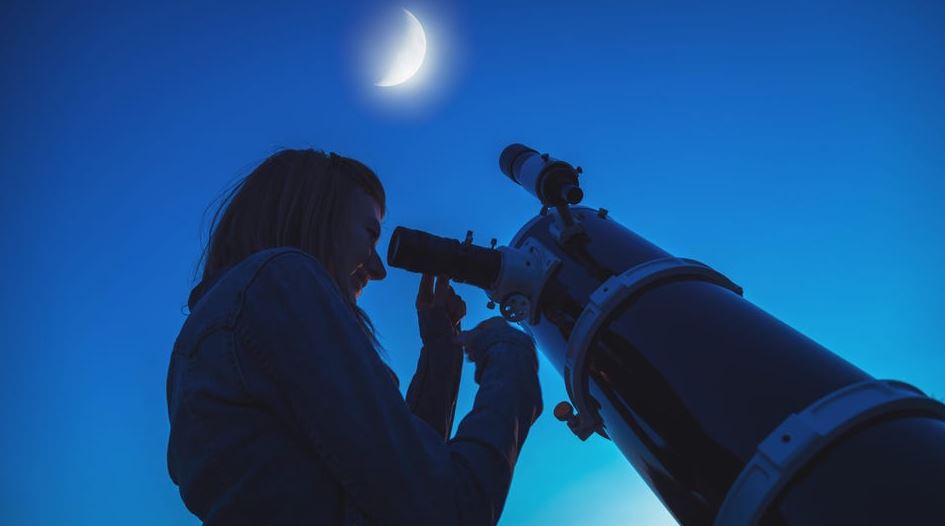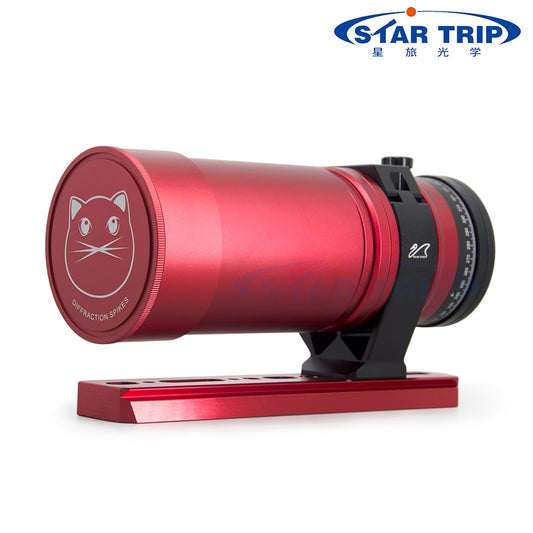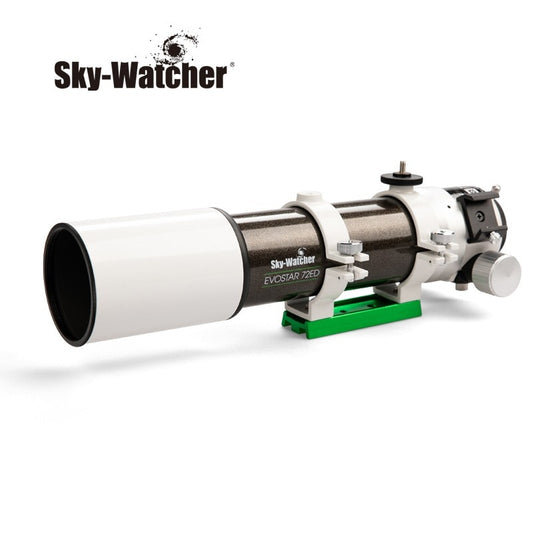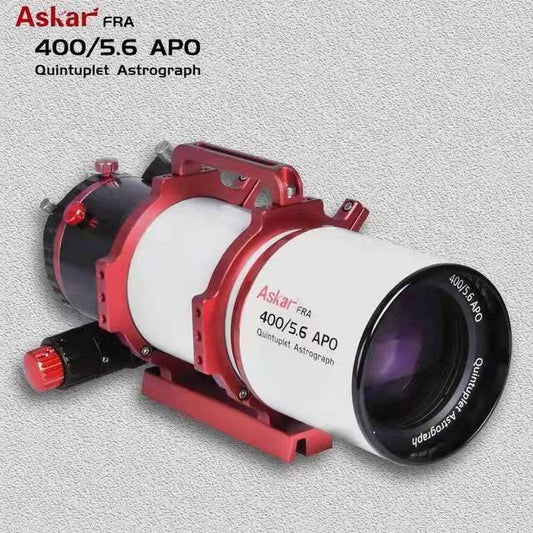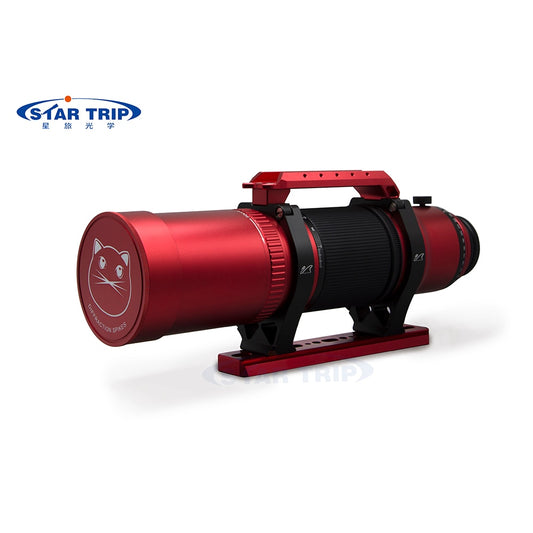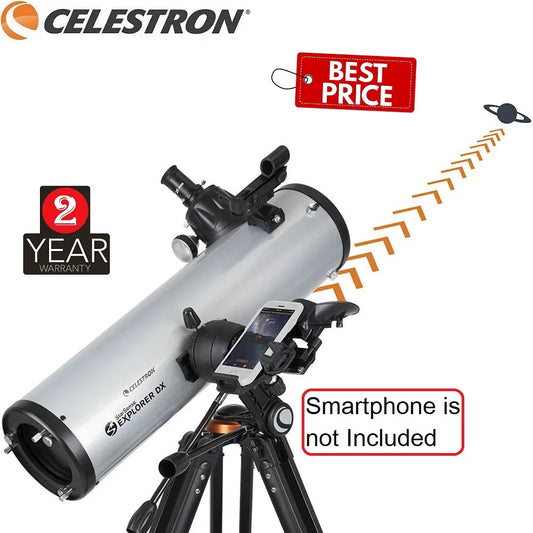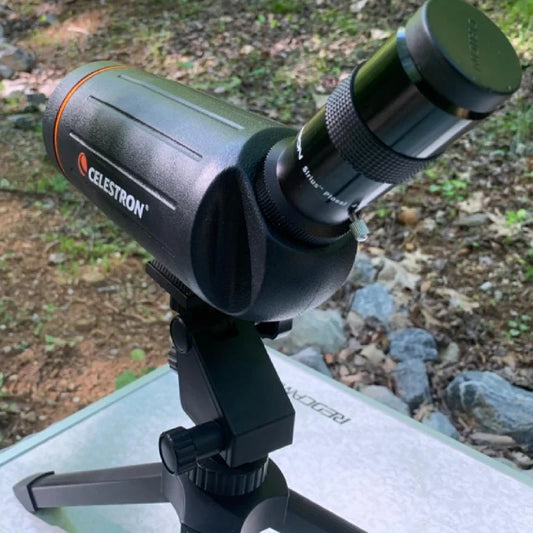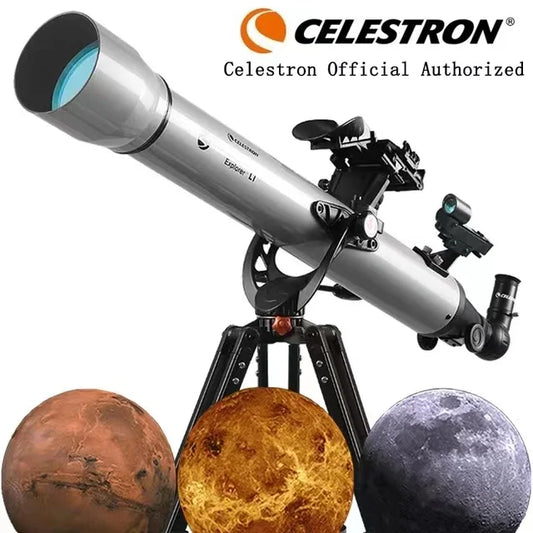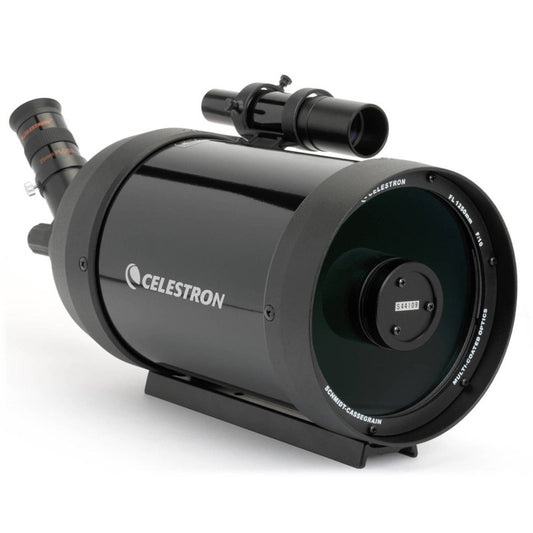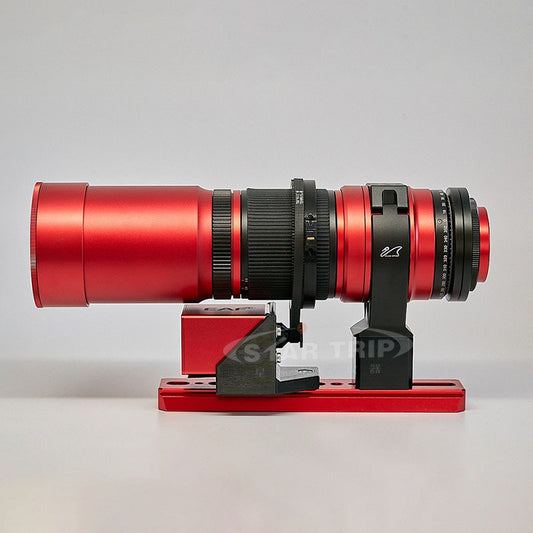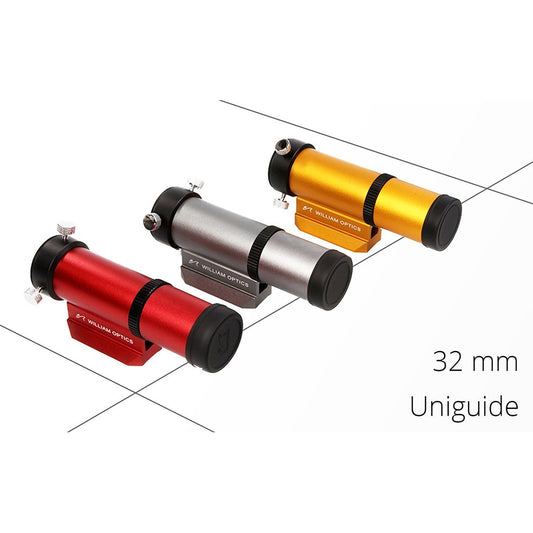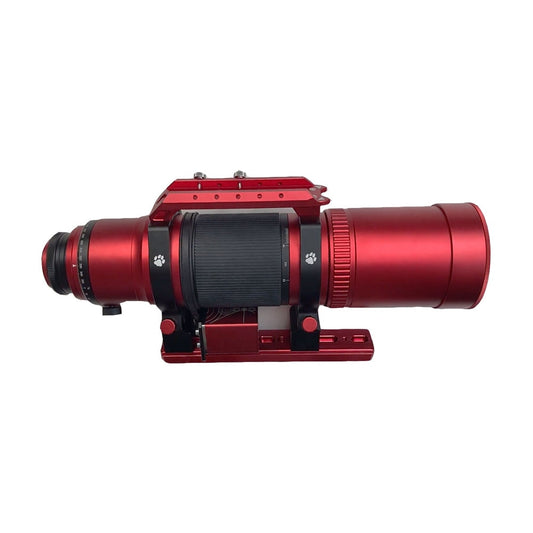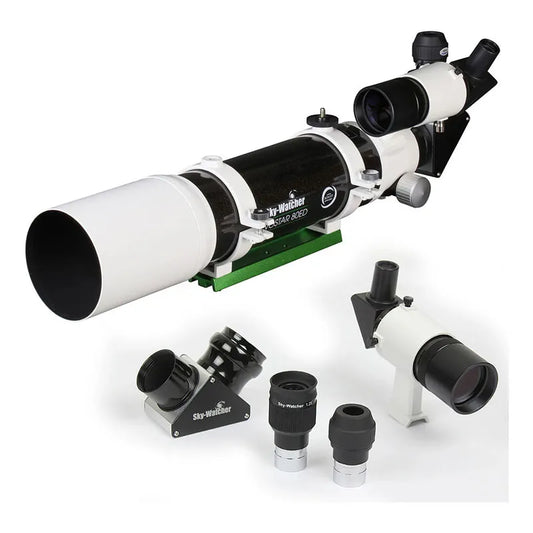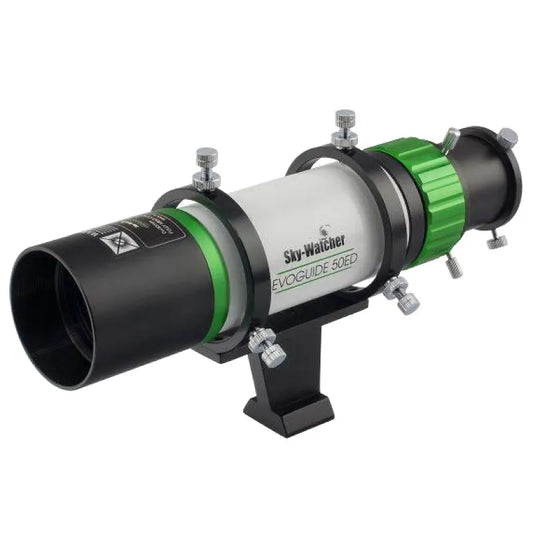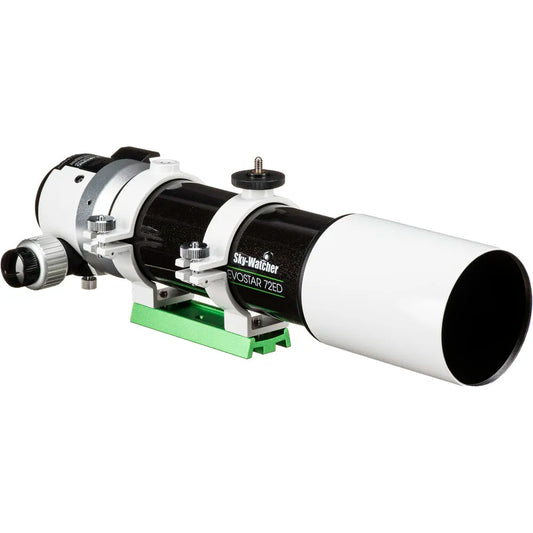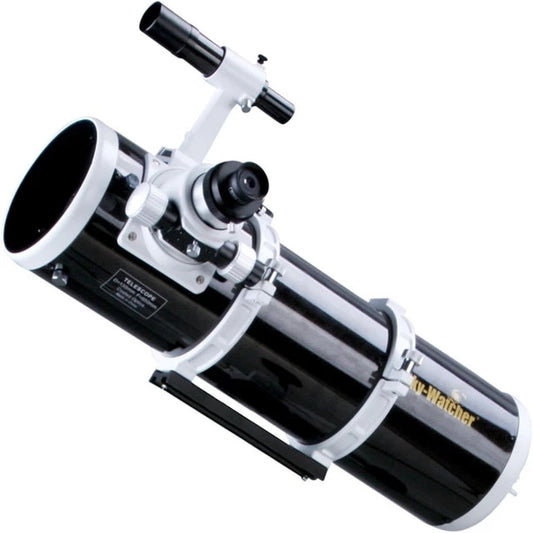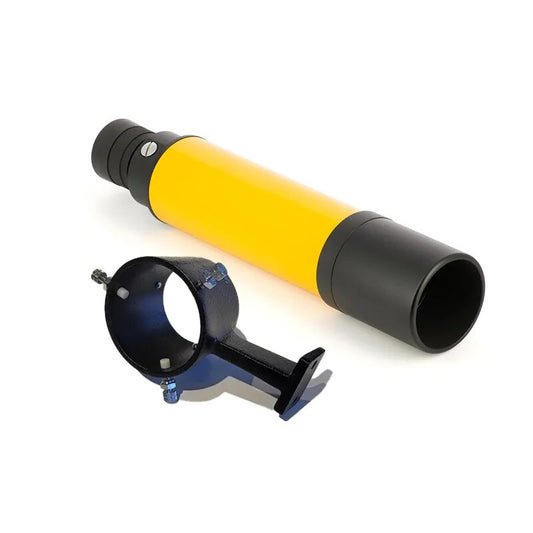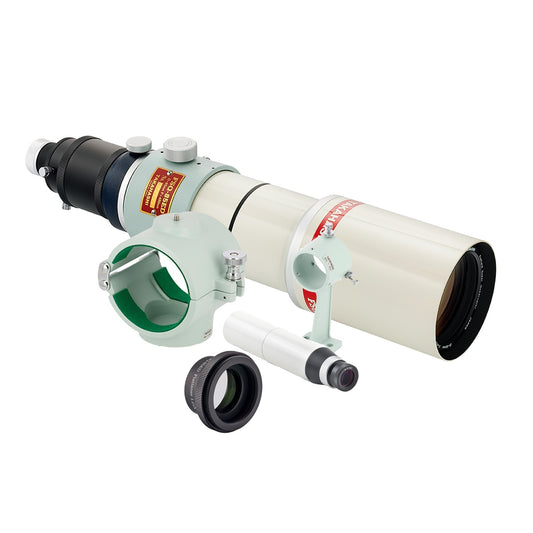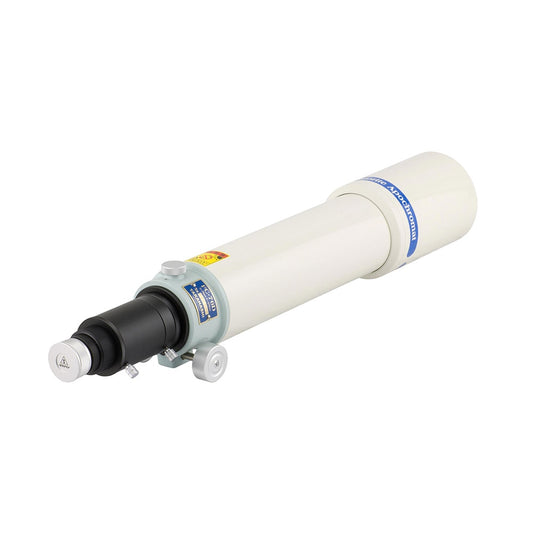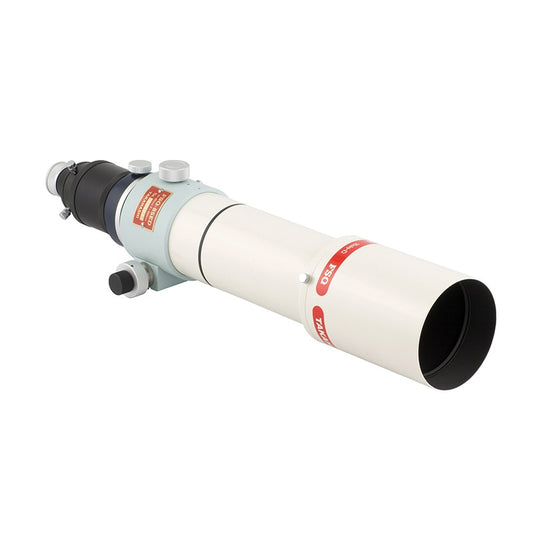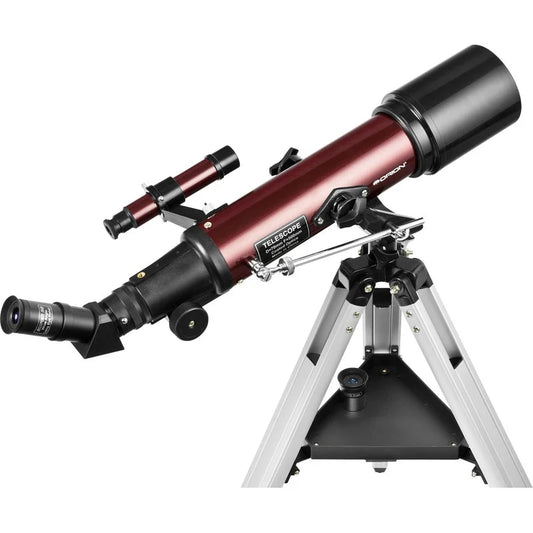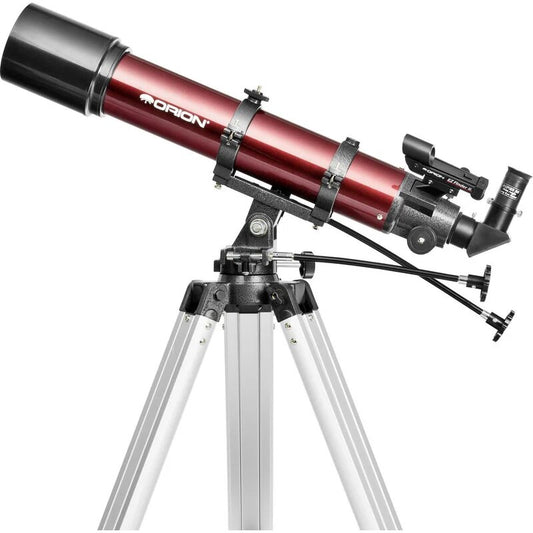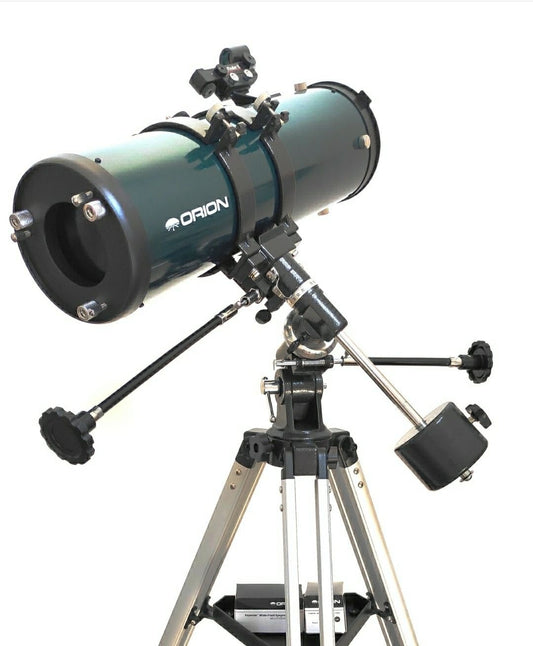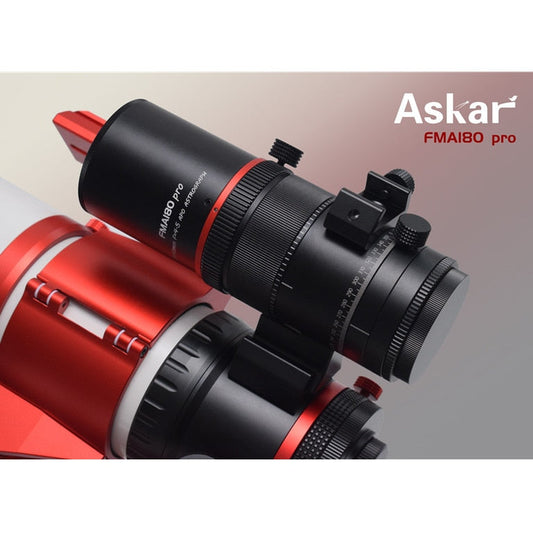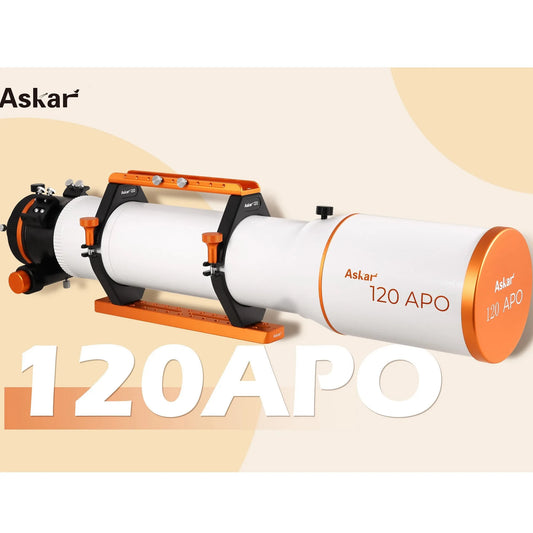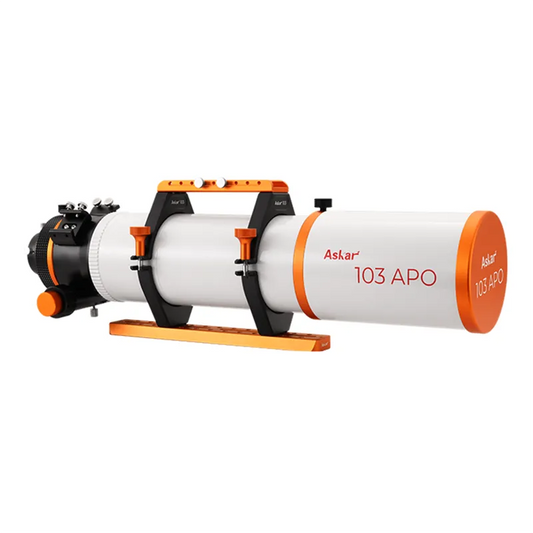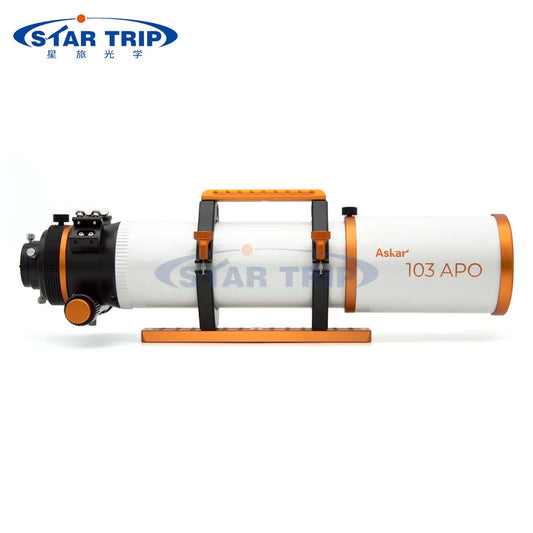Telescopes are a valuable tool for amateur and professional astronomers alike, providing a window into the wonders of the universe. However, with so many different types and models of telescopes available, it can be difficult to know how much to budget for a telescope. In this blog post, we will explore the question of how much a telescope costs, including factors that impact the price and what you can expect to get for your budget.
Factors That Impact the Cost of a Telescope
There are several factors that impact the cost of a telescope, including:
- Aperture: The size of the main lens or mirror of a telescope is one of the biggest factors that impact the cost. Larger apertures allow more light to enter the telescope, resulting in brighter and more detailed images. However, larger apertures also tend to be more expensive.
- Mount: The mount of a telescope is another important factor that can impact the cost. Stable and sturdy mounts are essential for keeping the telescope steady and preventing vibrations and other disturbances from affecting the image quality. More advanced mounts, like computerized mounts, can be more expensive.
- Optics: The quality of the optics in a telescope is another important factor that can impact the cost. High-quality optics are made from materials like glass and are free from defects like scratches or warping. More advanced optical features, like multiple lenses or coatings, can also increase the cost.
- Type of telescope: There are several types of telescopes available, including refractor, reflector, and compound telescopes. Each type has its own advantages and disadvantages, with some types being more expensive than others.
- Brand: Finally, the brand of the telescope can also impact the cost. Some brands are known for producing high-quality telescopes with advanced features, while others are more affordable but may sacrifice some performance.
How Much Does a Telescope Cost?
Now that we have discussed some of the factors that impact the cost of a telescope, let's take a closer look at how much you can expect to spend at different price points.

Under $100
At this price point, you can expect to find smaller telescopes with apertures of around 50mm or less. These telescopes may be suitable for observing the moon and planets, but they are unlikely to offer much detail or be able to capture fainter objects like galaxies and nebulae. They may also have less stable mounts and lower-quality optics.
$100 - $500
In this price range, you can find telescopes with larger apertures of around 70-100mm. These telescopes are capable of capturing more detail and may be able to see fainter objects like galaxies and nebulae. They may also come with more stable mounts and higher-quality optics. However, they may still have limitations when it comes to more advanced observing.
$500 - $1000
At this price point, you can find larger telescopes with apertures of 100-150mm. These telescopes are capable of capturing even more detail and can offer impressive views of the moon, planets, and brighter deep-sky objects like star clusters and nebulae. They may also come with more advanced mounts and optics, allowing for smoother and more accurate tracking of objects.
$1000 and up
In this price range, you can find some of the most advanced and capable telescopes on the market. These telescopes may have apertures of 150mm or more and can offer breathtaking views of the night sky. They may come with features like computerized mounts and advanced optics, allowing for detailed and precise observing.
Additional Costs to Consider
While the cost of the telescope itself is an important consideration, there are also several additional costs to keep in mind when getting started with astronomy. Here are a few things to keep in mind:
- Accessories: In addition to the telescope itself, you may also need to purchase accessories like eyepieces, filters, and adapters. These accessories can help you get the best possible views of the night sky, but they can also add to the overall cost.
- Maintenance: Telescopes require regular maintenance to keep them in good working order. This may include cleaning the optics, replacing worn-out parts, and adjusting the alignment of the telescope. Factor in these costs when considering the overall cost of owning a telescope.
- Transportation and storage: Telescopes can be large and unwieldy, making them difficult to transport and store. Consider the cost of a storage case or other accessories to protect your telescope during transport and storage.
Conclusion
In conclusion, the cost of a telescope can vary widely depending on several factors, including aperture, mount, optics, type of telescope, and brand. While it is possible to find entry-level telescopes for under $100, these telescopes may have limitations when it comes to advanced observing. Spending $100 to $500 will get you a better quality telescope that can capture more detail and offer better views of the night sky. For those who want to take their observing to the next level, spending $500 to $1000 can get you a telescope with advanced features like a computerized mount and higher-quality optics. Finally, for those who are serious about astronomy and want the best possible views of the night sky, spending $1000 or more can get you some of the most advanced and capable telescopes on the market.
When shopping for a telescope, it is important to do your research and consider your observing needs and budget. Think about what you want to observe and what features are most important to you, and use this information to guide your decision. Consider factors like aperture, mount, optics, and brand, and don't be afraid to ask for advice from other astronomers or experts in the field. With the right telescope, you can explore the wonders of the universe and deepen your understanding of the cosmos.
More Telescope Topics:
- Who Invented The Telescope?
- Why are Telescopes Important?
- When was The Telescope Invented?
- Why are Refractor Telescopes Popular?
- Best Deep Sky Objects by Month
- Best Telescope for Viewing Planets and Galaxies
- Best Telescope to See Planets and Galaxies
- Best Telescope Eyepiece for Viewing Planets
- Reflector Vs Refractor Telescope
- William Optics Redcat 51
- Takahashi Telescopes
- Brightest Objects in the Night Sky
- What Does a Focal Reducer Do on a Telescope
- Ax Telescope Mount
- Types of Telescopes
- Telescope Mounts Explained
- What is a Catadioptric Telescope
- Telescope Aperture
- How Does a Telescope Work
- Are There Telescopes for Smartphone Camera
- Best Telescopes Under $1000
- What Makes a Good Telescope
- What Does a Focal Reducer Do
- Stellarium
- Bahtinov Mask
- Qhyccd Polemaster Review
More Space Telescopes:
- Hubble Telescope
- Edwin Hubble
- Hubble Deep Field
- James Webb Telescope - The Future of Space Exploration
- James Webb Telescope vs Hubble
- Hubble Palette

